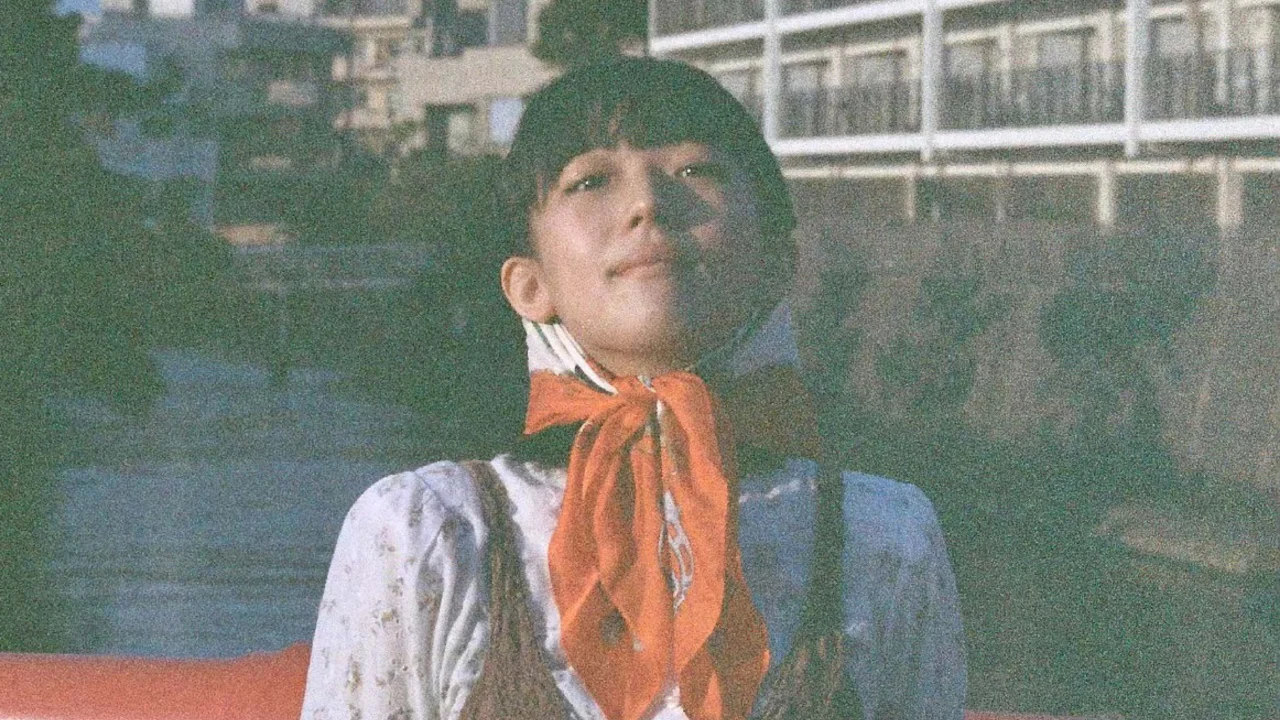INDEX
Promoting Audiovisual Accessibility and Advancing Minority Rights through Event Initiatives
**In addition to the talks, the event addresses social issues through initiatives that ensure “no one is left behind.” This includes offering audiovisual support for people with visual and hearing impairments (1) and featuring a booth from the NPO “Nijiiro Diversity,” which works to protect the dignity and rights of sexual minorities, their families, and allies (2). What was the specific intention behind inviting Ayumu to such an event?
*1 Note: At ‘Grooving Night #3,’ held in March 2024, glasses with integrated subtitles and visuals were introduced for those with hearing impairments, and tablets were provided for individuals with low vision to view stage content up close.*
2 Note: SIRUP has long advocated for the acceptance of sexual minorities in Japanese society. At the previous event, a booth from the accredited NPO “Nijiiro Diversity,” which operates the permanent LGBTQ center ‘Pride Center Osaka,’ was featured.
SIRUP: While being an outstanding artist, Ayumu is also one of the few who genuinely engages with the context of Black music, which is often overlooked. When we first met, we had an honest conversation about racial discrimination. For ‘Grooving Night,’ I wanted to invite someone who could engage in such discussions, which is why I extended the invitation to him.
What are Ayumu’s thoughts on participating in the event?
Ayumu: I’m excited just to be able to perform alongside SIRUP. Additionally, I think it’s wonderful that this event creates a space to discuss social issues within the context of a live performance. Although I’m not typically outspoken about social issues, I have a lot of thoughts on the subject, and I hope to share at least a little of that.
As a writer, I’ve noticed a trend where online content and written material are often seen as representing a person’s entire identity. I don’t believe it’s essential to comment on social issues online, and given that Japanese people are often thought to have difficulties with discussions, this event is designed to encourage collaborative thinking rather than delivering lectures.
Ayumu: I appreciate that. Creating an environment where we can discuss things rather than impose my own thoughts is important, so I think this event is great.
What specific topics would you like to discuss with SIRUP?
Ayumu: I’ve been dancing since I was six, but I feel that dancers in Japan are not protected. In the U.S., there are dancers’ unions, minimum wage standards, and an environment where one can speak out. However, in Japan, people often accept any conditions and say, “I’ll do whatever you ask,” which makes it difficult to speak out about issues. I’d like to see improvements in this area.
SIRUP: There are also challenges related to choreography.

Ayumu: Yes, choreography does not receive copyright protection. So, once a choreographer gives their approval, it can end up being danced by many people on platforms like TikTok, and it becomes detached from its creator. I want to work on improving this situation.
SIRUP: I wonder how far the South Korean government has progressed with their guidelines on choreography copyright.
—n my book The A to Z of the World and Me (Kodansha, 2022), I wrote about issues like a dance created by a regular Black person on TikTok being covered by a prominent influencer like Charli D’Amelio, resulting in it being associated with Charli’s choreography.
Ayumu: Recently, it seems that in Korea, crediting the origins of choreography has become more important.
SIRUP: We haven’t discussed crediting or musical topics in the past three events, so I think it’s important to cover these issues this time.
As artists become more mainstream, there’s a tendency for them to avoid discussing personal or industry issues. This results in listeners consuming artists and their work as neatly packaged content, with a growing expectation that idols, for instance, should not express their struggles. However, there are also artists like Billie Eilish and Olivia Rodrigo who share their real experiences. Although the audience at events may be limited, I believe that conveying authentic struggles and industry issues can contribute to the overall sustainability of the industry.
SIRUP: That’s absolutely true.
Ayumu: I feel that simply keeping quiet about issues, including in dance, won’t lead to improvements.




























